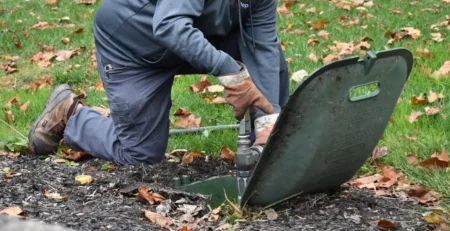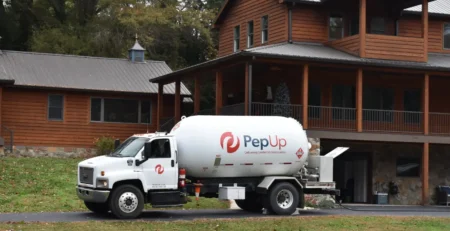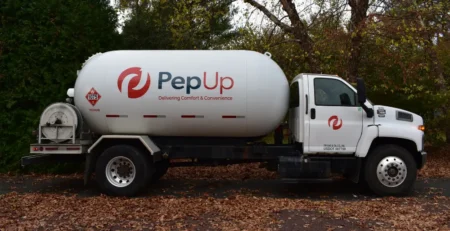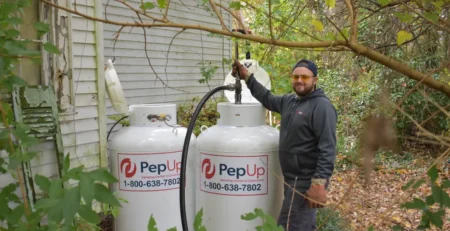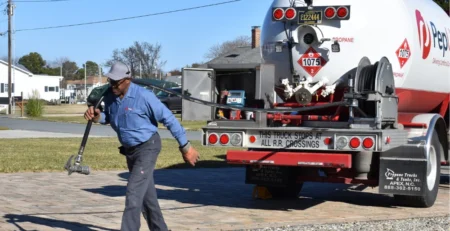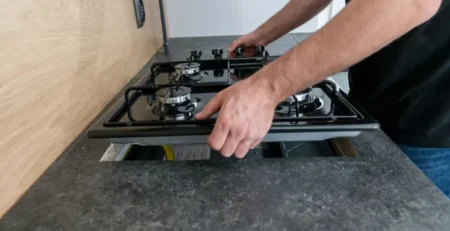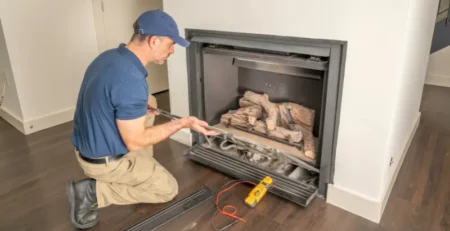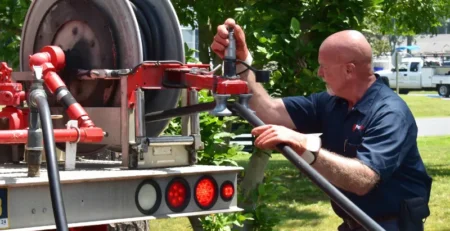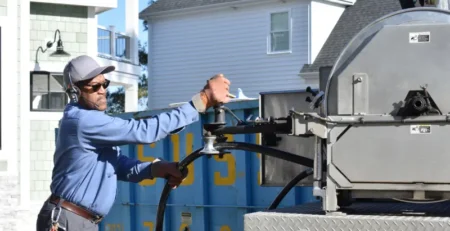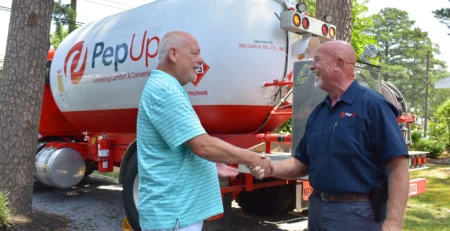Adding Propane Heat to Your Home: A Checklist
Propane heat is a reliable, efficient, and worthwhile investment for homeowners in the Delmarva region. It’s also easy to add to your existing energy mix, since it can be added to existing homes – and new builds – with the addition of supply lines and a propane storage tank that’s appropriately sized for your home.
Propane Heat Conversion Checklist
Evaluate Your Propane Needs
Choose a Propane Supplier
Assess Your Property
Obtain Permits
Select the Right Tank Size
Request Plumbing and Tank Installation Cost Estimates
Prepare the Tank Location
Schedule Tank Delivery and Installation
Install Gas Supply Lines
Convert Gas Appliances to LPG
Install New Propane Appliances and Carbon Monoxide Detectors
Pressure Test Gas Lines
Schedule Propane Deliveries
Monitor Tank Levels
Schedule an Annual Tank Inspection
When should you schedule your propane heat conversion?
Without a doubt, the best time to schedule your propane heat conversion project in the Mid-Atlantic is during the summer months. Here are a few pros and cons you can consider when deciding when you’ll add propane to your home.
Summer Propane Installation Pros and Cons
Pros:
- Easier scheduling with propane companies.
- Favorable weather conditions for outdoor work.
- Ample time to test and adjust before the heating season.
- Propane cost per gallon is lowest when heating demand is low in the summer.
Cons:
- Won’t be able to enjoy the fireplace or outdoor patio heaters until cooler weather.
- Unable to test heating in winter conditions.
Winter Propane Installation Pros and Cons
Pros:
- Immediate testing of the heating system in real-world conditions.
Cons:
- Possible interruption of heat and other connected appliances during conversion.
- Potentially harder to schedule installations.
- Possibility of weather delays.
Ready to Get Started?
Adding propane heat to your home requires some planning and cost considerations, but our customers tell us they enjoy the comfort and convenience of propane all year round. Its efficiency and cost savings for winter heating aren’t the only benefits; propane tankless water heaters offer endless, on-demand hot water, and propane fireplace and cooking benefits are just two more ways propane can have a positive impact on your home.
Contact PepUp today to learn more about our current special offers, and speak with an Energy Specialist about your propane heat conversion project. Our team will assess your needs, provide a detailed quote, and guide you through every step of the process. Let’s talk!
Frequently Asked Questions (FAQs) About Adding Propane Heat to Your Home
Scheduling times can vary depending on the season. Summer months generally offer more availability for propane tank installations. However, PepUp strives to accommodate your schedule and will work to find a time that is convenient for you. Contact our Energy Specialists to discuss current scheduling options and availability in your area.
Permit requirements can differ by county and city in the Delmarva region. PepUp’s Energy Specialists are familiar with local regulations and will guide you through the necessary permit process. We can help you determine which permits are required and assist with the application process to ensure your installation complies with all local codes.
For aboveground tanks, the ground needs to be level and stable. You don’t need a concrete slab, but clearing the area of debris and ensuring it’s relatively flat is important. Consider the vegetation around the tank for future maintenance and accessibility. Our PepUp specialist will provide specific recommendations based on your site and tank size.
The cost to convert a natural gas stove to propane typically includes the price of a conversion kit and labor, which can vary widely depending on the make and model of your stove, but generally ranges from $150 to $300. It typically requires a qualified technician to install a manufacturer-provided conversion kit, so make sure you receive the kit with your new appliance, or that you order it for an existing gas appliance that can be converted. When you schedule your initial consultation with PepUp, be sure to ask about the specific cost for converting your appliances. We can provide a more accurate estimate based on the specific appliances you need us to convert to run on propane.
Yes! If you opt for a wireless propane tank monitor, you can check your propane levels, usage history, and even order a tank refill using a smartphone app. This allows you to conveniently monitor your tank levels from anywhere and avoid running out of propane. PepUp’s Automatic Delivery also removes the need to monitor levels, as we proactively schedule deliveries for you at a time that’s most convenient for you.
After your propane tank and appliances are installed, a PepUp technician will perform a pressure test. This involves checking for leaks in the gas lines and inspecting all gas connections to ensure they are tight and secure. The technician will then test your appliances to ensure they are functioning properly and safely. We also provide a guide to propane system operation and emergency procedures.


